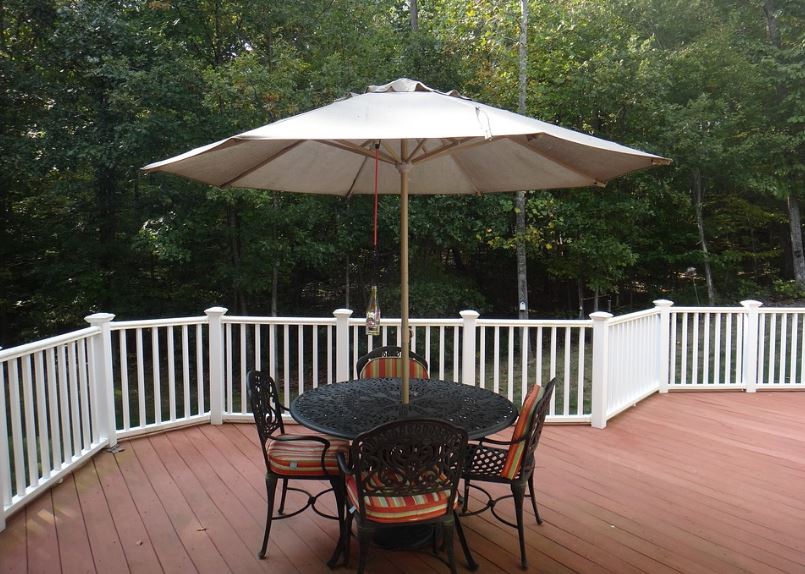There are many kinds of wood used for decking that would give your patio a nice smooth finish, but not many have as much beauty and structural integrity as Ipe wood. This wood is most common among the natives of Brazil and is a great option for truck beds, fencing, decking, furniture, etc. Before you purchase Ipe wood, you need to consider if this hardwood is just what you need for your home. You need to weigh the pros and cons of this hardwood as a building material.
Top reasons to choose Ipe decking
This common decking option is often regarded as the most suitable for different building types, with good reason. Here are a few benefits of using Ipe wood:
Natural beauty
Ipe wood possesses natural beauty in its design. All you need to do is coat the deck after it is finished to enhance the deep tones in the design of the hardwood.
Very Durable
When it comes to durability and strength among different wood types, Ipe wood is rated 9th on the Janka hardness scale.
Longevity
Ipe wood has a warranty of about 20 years and has a life expectancy of anywhere between 40 to 75 years.
Naturally resistant to rot and decay
If you need a wood type that would be able to withstand easy rot even after being cut, then you should strongly consider Ipe wood. It possesses resistance to termites, decay and pests.
What is Ipe?
This hardwood is obtained from special trees in the Brazilian forest. It goes by several other names like Pau Lope, Diamond decking, or Brazilian Walnut. When you just get it, its rich red color is captivating, and it doesn’t need extra treatments like Pine. In order to protect this red color of Ipe wood, you can coat it with UV or you can leave it to fade to give you a silver color. Check on buyipedirect.com more options.
Pros and Cons of Ipe decking
Pros
- Does not require extra treatment before use. The wood you purchase is the one gotten directly from the tree without any additives.
- It is highly resistant to pests and insects. Termites and other insects generally avoid Ipe wood as it is difficult to chew into.
- Very suitable for outdoor use.
- High level of Janka hardness. Ipe wood rates at 3684 on the hardness scale.
- Very resistant to slip. Ipe wood has an impressive slip rating, higher than most wood types. It also exceeds the requirements set by the Americans with Disabilities Act.
- Reduced expansion and contraction under any circumstance.
Cons
- Ipe wood is often difficult to cut. In order to do so, you must utilize a saw blade with a carbide tip.
- Ipe wood is native to Brazil and so difficult to find everywhere else in the world. This is why it is referred to as premium wood.
- One of the strengths of Ipe wood could also become a disadvantage. Ipe wood is so durable and strong which means it is almost impossible to screw through. This is why it comes with predrilled holes. This is the best way to be able to use it for decking.

